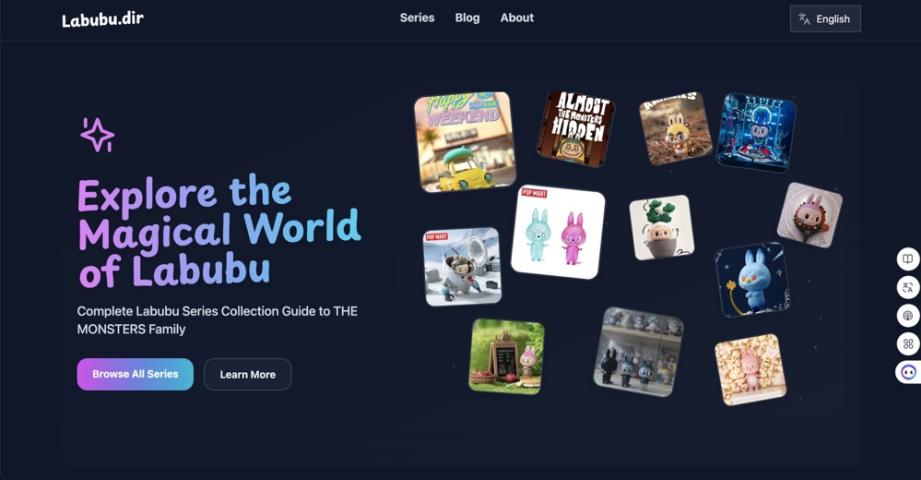The online gaming industry has seen a massive boom in recent years, with card games like Rummy taking center stage. The rising popularity of Rummy has attracted many entrepreneurs and gaming companies to invest in Rummy Game Development. However, the legal landscape surrounding online rummy game development is complex and varies across different jurisdictions.
If you are a gaming entrepreneur, rummy app developer, or a Rummy Game Development Company, understanding the legal aspects is crucial to ensuring your business operates smoothly and remains compliant with local regulations.
In this article, we will discuss the key legal considerations for rummy game software development, including its legality in various countries, gambling laws, responsible gaming policies, and how a rummy software developer can ensure compliance while offering engaging and secure gaming experiences.
1. Is Online Rummy Legal?
1.1 Understanding the Skill vs. Chance Debate
One of the primary factors that determine the legality of online Rummy is whether it is classified as a game of skill or chance.
Games of skill are generally legal, as they require a player to use knowledge, expertise, and strategy to win
Games of chance, on the other hand, depend primarily on luck and are often classified under gambling laws.
Most courts worldwide have ruled that Rummy is a game of skill, making it legal in many jurisdictions. However, regulations can differ from one region to another, requiring rummy game developers to study local laws carefully.
1.2 Legality of Online Rummy in Different Countries
- India: Rummy has been declared a game of skill by the Supreme Court of India, making it legal in most states. However, some states like Telangana, Andhra Pradesh, and Tamil Nadu have banned online Rummy.
- United States: Gambling laws vary from state to state. Some states allow online Rummy, while others classify it as gambling.
- United Kingdom: Online Rummy is legal under the Gambling Act 2005, provided operators acquire the necessary licenses.
- European Union: Different countries have different regulations. While some countries allow online Rummy with proper licensing, others have strict gambling laws.
- For a rummy game development company, understanding these regional laws is essential before launching a rummy app development company or entering new markets.
2. Key Legal Considerations for Rummy Game Development
2.1 Licensing and Regulations
To operate a legal online Rummy game, obtaining the appropriate gaming licenses is necessary. Licensing requirements vary by jurisdiction, but common gaming licenses include:
- United Kingdom Gambling Commission (UKGC)
- Malta Gaming Authority (MGA)
- Curacao eGaming License
- Gibraltar Regulatory Authority
A rummy game development company must obtain a license before launching its platform to avoid legal complications.
2.2 Compliance with Anti-Money Laundering (AML) and KYC Norms
To prevent fraud and ensure responsible gaming, rummy game software development must incorporate:
- Know Your Customer (KYC): Verifying player identities before allowing real-money gaming.
- Anti-Money Laundering (AML) Compliance: Ensuring that users do not use online Rummy for illegal financial transactions.
A reliable rummy software developer must integrate secure payment gateways and user verification processes to comply with these norms.
2.3 Taxation and Revenue Regulations
Different countries have specific tax regulations for online gaming businesses. In India, for example, online Rummy platforms are subject to Goods and Services Tax (GST), and players’ winnings may also be taxable.
A rummy app development company must ensure compliance with tax laws to avoid penalties and legal issues.
3. Responsible Gaming and Fair Play Policies
3.1 Promoting Responsible Gaming
Online Rummy platforms must implement responsible gaming policies to protect players from addiction and financial losses. This includes:
- Self-exclusion options: Allowing players to temporarily or permanently suspend their accounts.
- Deposit limits: Setting maximum limits on how much players can deposit in a given period.
- Reality checks: Regular notifications reminding players about their gaming duration.
A rummy game development company should work with regulators to establish responsible gaming practices in their platforms.
3.2 RNG Certification and Fair Play Assurance
For rummy game software development, ensuring fair play is critical. Platforms must use Random Number Generators (RNG) to provide fair card distribution.
Certifications for fair play include:
- eCOGRA (eCommerce Online Gaming Regulation and Assurance)
- iTech Labs
- Gaming Laboratories International (GLI)
A rummy software developer should integrate RNG-certified systems to build credibility and trust among players.
4. Intellectual Property Rights and Data Protection
4.1 Protecting Your Rummy Game Software
For rummy game developers, intellectual property (IP) protection is vital to prevent unauthorized use or duplication of the software.
- Copyright: Protects the game’s code, design, and UI/UX elements.
- Trademark: Secures the brand name and logo of the online Rummy platform.
- Patents: Can be used to protect innovative gaming features.
4.2 Data Privacy and GDPR Compliance
If a rummy app development company operates in the European Union, it must comply with General Data Protection Regulation (GDPR) to protect user data.
- Key data protection measures include:
- Encryption of sensitive information
- Secure storage of user data
- User consent for data collection
A rummy software developer must implement strong cybersecurity protocols to prevent data breaches and comply with privacy laws.
5. How to Ensure Legal Compliance in Rummy Game Development?
For a rummy game development company, ensuring legal compliance involves multiple steps:
- Conduct Legal Research: Understand gaming laws in target markets before launching a rummy app development company.
- Obtain Gaming Licenses: Apply for necessary gaming licenses to operate legally.
- Implement AML and KYC Measures: Use identity verification systems to prevent fraud and illegal activities.
- Integrate Responsible Gaming Features: Include features like deposit limits and self-exclusion to promote fair play.
- Ensure Fair Gaming Practices: Use certified RNG systems to maintain fairness.
- Protect Intellectual Property: Register copyrights, trademarks, and patents to secure the game software.
- Comply with Data Protection Laws: Implement GDPR and data privacy measures to protect player information.
Conclusion
The legal landscape of online rummy game development is complex but manageable with the right approach. Whether you are a rummy software developer or a rummy game development company, staying compliant with gaming regulations, taxation laws, and responsible gaming policies is essential to avoid legal challenges.
By partnering with a reputed rummy game development services provider, businesses can ensure a smooth and legally compliant gaming experience for players. As the demand for online Rummy continues to grow, ensuring legal compliance will be the key to building a successful and sustainable gaming platform.
Would you like assistance in choosing the right rummy game software development services for your business? Let’s discuss how to make your online Rummy platform both engaging and legally compliant!
















